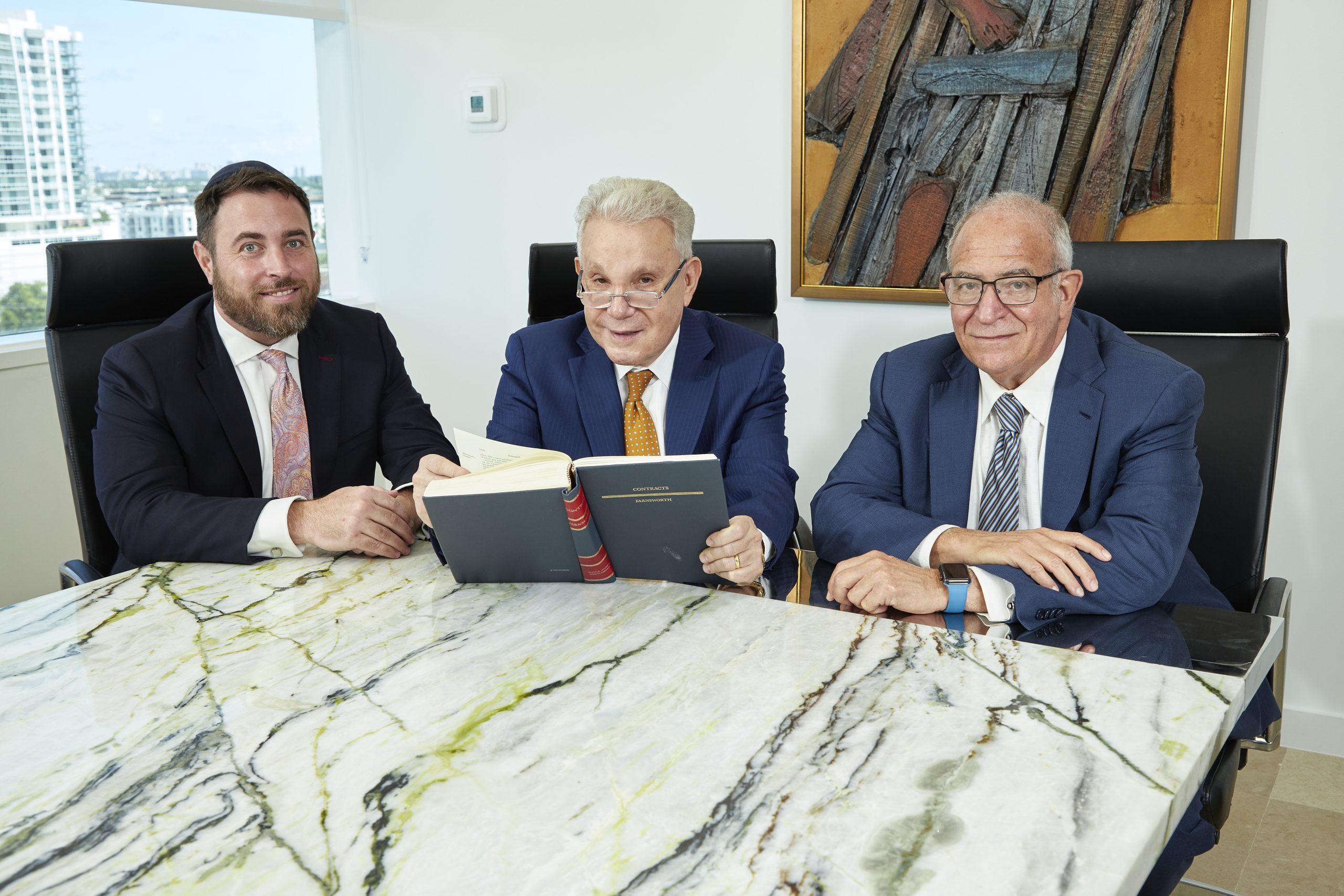Chapter 11 & Business Bankruptcies
Coming Soon!
Please call us today at (954) 237-1777 or contact us online to arrange an initial consultation.
OUR FULL-SERVICE LAW FIRM IS READY TO ASSIST YOU
Reach out to our dedicated team of attorneys for legal solutions tailored to your unique goals.


